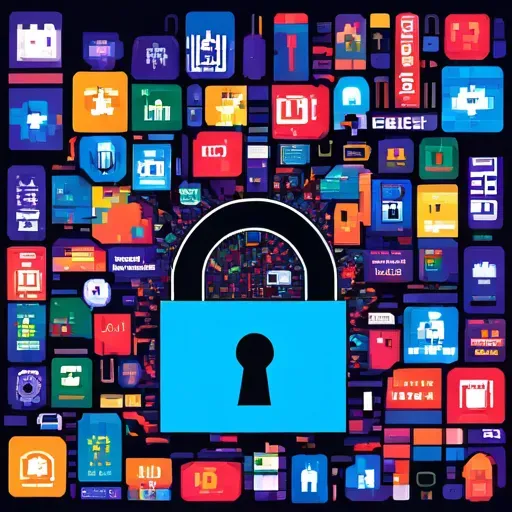
Surge in Data Breaches Affects High-Profile Companies in 2024
/ 4 min read
Quick take - In 2024, a significant increase in data breaches has affected many high-profile companies, exposing vast amounts of customer information and highlighting the need for improved cybersecurity measures, particularly through the adoption of Zero Trust principles and enhanced access control strategies.
Fast Facts
- In 2024, data breaches have surged, affecting high-profile companies and exposing millions of personal records, often requiring systems to be taken offline for damage assessment.
- The rise in breaches is linked to the complexity of modern DevOps and cloud infrastructures, which expand the attack surface for cybercriminals.
- A new cybersecurity approach is needed, emphasizing Zero Trust principles, continuous authentication, and the principle of least privilege to enhance security.
- Organizations are encouraged to adopt attribute-based authentication (ABAC) for more granular access control and to invest in observability tools for better identity security and policy governance.
- The Change Healthcare ransomware attack highlights the critical need for effective access control, as many organizations still struggle with unified access mechanisms.
Surge in Data Breaches in 2024
In 2024, data breaches have surged dramatically, impacting numerous high-profile companies and resulting in the exposure of thousands to millions of customer and personal records. These breaches not only compromise sensitive information but also disrupt business operations. Affected companies are often required to take their systems offline to assess the damage.
Causes of Increased Breaches
The increase in data breaches can be attributed to the growing complexity of modern DevOps and cloud infrastructures. These infrastructures include a multitude of components such as physical and virtual servers, containers, Kubernetes clusters, Internet of Things (IoT) devices, and various cloud services. This intricate technology landscape has significantly expanded the attack surface available to cybercriminals. Reports indicate that approximately 85% of data breaches in 2023 involved servers, highlighting the vulnerabilities within server management and access controls.
Strategies for Enhanced Cybersecurity
A new cybersecurity approach is deemed necessary to effectively navigate the current breach landscape. Key strategies for enhancing cybersecurity include the elimination of secrets and the enforcement of Zero Trust principles. The application of the principle of least privilege and the improvement of identity security and policy governance are also crucial. The Zero Trust model emphasizes the need for continuous authentication and verification of access to resources, challenging traditional perimeter defense strategies that relied heavily on methods such as Virtual Private Networks (VPNs).
The COVID-19 pandemic has underscored the limitations of VPNs, prompting a shift towards more robust Zero Trust deployments. While many organizations have adopted Zero Trust at the network level, there remains a significant gap in extending these principles to applications and workloads. Companies are encouraged to foster a culture of verifying authorization for resource access within specific contexts.
In this model, attribute-based authentication (ABAC) is favored over role-based authentication (RBAC), allowing for more granular access control based on factors such as user location, device type, and time of access. Organizations are advised to govern access based on these attributes to mitigate exposure to potential threats.
Future Considerations
Furthermore, investment in observability tools for identity security and policy governance is on the rise. Unified access mechanisms can enhance visibility, auditing, and compliance across diverse infrastructure access protocols. However, many organizations have yet to fully embrace unified access control, which can lead to vulnerabilities. A notable example of the consequences of inadequate access control is the Change Healthcare ransomware attack that occurred in February, illustrating the critical need for effective security measures.
Unifying observability and enforcement can enable organizations to respond to breaches more efficiently while minimizing operational disruptions. Looking ahead, the complexity of modern infrastructure is expected to continue to grow. Engineering leaders are encouraged to apply Zero Trust principles to this evolving landscape while enhancing the user experience for employees. Investing in access solutions is vital to protect against vulnerabilities associated with human error. Ev Kontsevoy, Co-Founder and CEO of Teleport, emphasizes the importance of secure access to computing resources as organizations navigate this challenging cybersecurity environment.
Original Source: Read the Full Article Here


